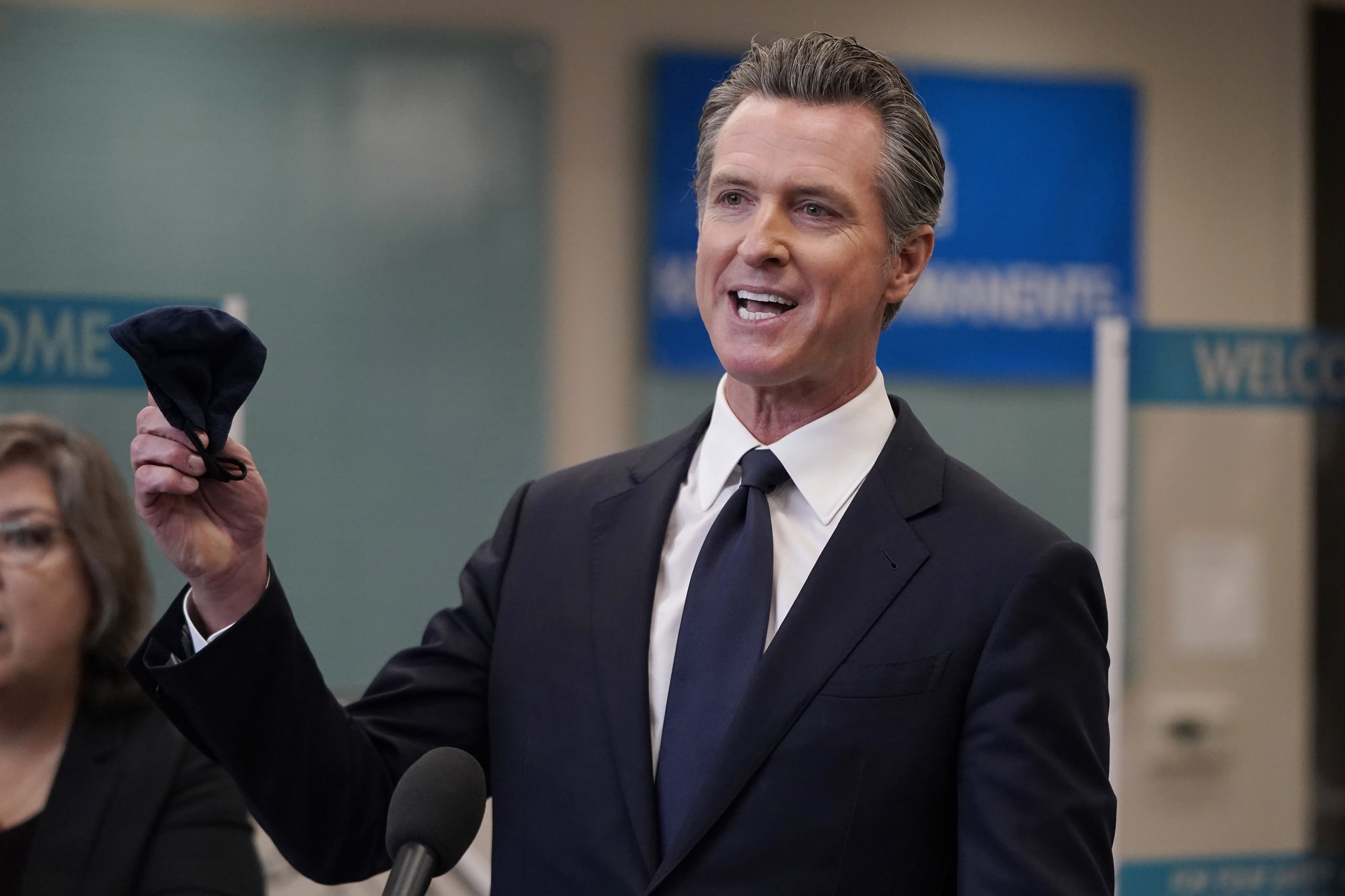What To Know Today
NEW from THE TRACE: How the SCOTUS Bruen decision affects New York gun laws. In New York State Rifle & Pistol Association v. Bruen, the high court’s conservative majority voided the state’s requirement that gun owners show “proper cause” to carry a concealed firearm in public, and ruled that issuing authorities in several other states no longer have the discretion to deny permits to concealed carry applicants if all other requirements are met. But there’s been a lot of confusion about the scope of the ruling, including whether it means anyone can now carry a gun in the city — (they cannot.) Jennifer Mascia has that story answering a number of reader questions.
The ATF gets its first permanent director in seven years with the confirmation of Steve Dettelbach. The Senate vote of 48 to 46 broke down largely on party lines, with Republicans Susan Collins and Rob Portman joining Democrats to approve the former federal prosecutor. The confirmation is sure to come as a relief for President Biden, who withdrew the nomination of David Chipman last fall amid unanimous Republican opposition and a lack of unified Democratic support. Dettelbach will take the helm of the only federal agency tasked specifically with regulating the gun industry that is also playing a key role in implementing the Biden administration’s gun violence prevention agenda and parts of the new federal gun law.
California enacts law that will make it easier to sue the gun industry for negligence. Governor Gavin Newsom signed Assembly Bill 1594, which creates a gun industry “standard of conduct” and allows residents, the state Department of Justice, and local governments to sue companies for violating that standard. The code requires gun companies to implement safeguards meant to help prevent illegal gun trafficking and restrict commerce of gun products deemed “abnormally dangerous.” Like a New York law passed last year, the California law paves the way for suits against gunmakers that can sidestep their federal liability protections. It is set to take effect on July 1, 2023, but is expected to draw legal challenges from gun rights groups. Two weeks ago, Newsom also signed bills strengthening restrictions against ghost guns and restricting the marketing of guns to minors, which gun rights groups challenged in court last week.
Chicago and Illinois are still facing a pandemic-related surge of domestic violence. A state hotline on domestic violence saw 5 percent more calls in 2021, up to about 30,000, according to a report by the Chicago-based advocacy group The Network. Meanwhile, the report found that the number of homicides and shootings involving people in a domestic relationship in Chicago increased by nearly two-thirds over 2020. “The shootings and homicides are statistics that we’re going to get that are recorded by police, but those are probably an undercount, because police don’t always identify them as domestic violence,” Olivia Farrell, The Network’s director of policy, research and advocacy, told The Chicago-Sun Times.
988 mental health hotline rolls out on Saturday. Many states say they’re ready, but experts expect growing pains. In 2020, federal legislation designated the new number as an alternative emergency number to 911 that connects callers to suicide prevention and mental health crisis counselors. But it’s been largely left up to states to implement the rollout and many officials fear that many states have been slow to address long-term funding plans or how their hotline support will be staffed.
Data Point
20 percent — as of mid-May, the share of NYPD officers who have taken training courses for Mayor Eric Adams’s new anti-gun Neighborhood Safety Teams who have complaints against them substantiated by the Civilian Complaint Review Board. That compares to 12 percent of all active NYPD officers, with the gun unit-trained officers seeing about 1.75 times the number of substantiated complaints as the average NYPD officer. [New York Focus]

